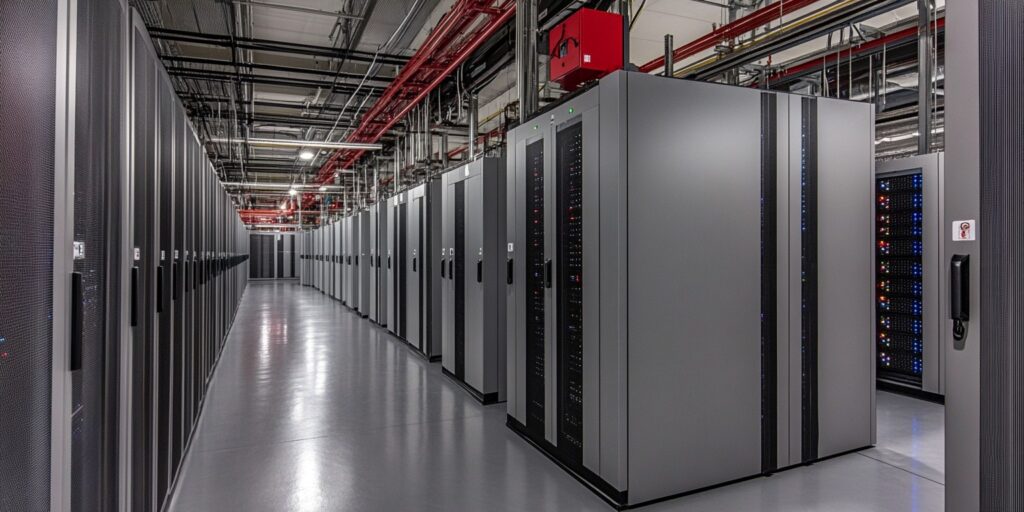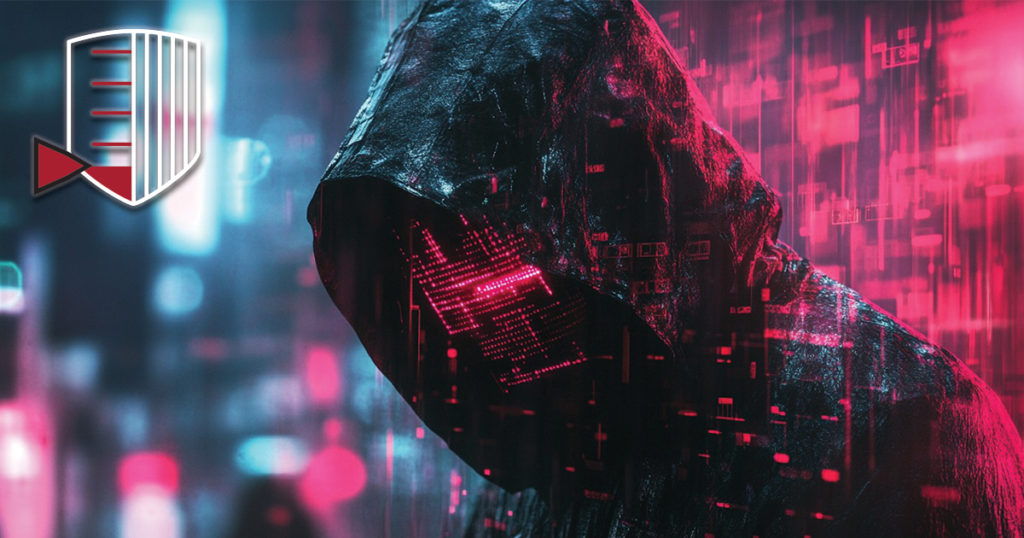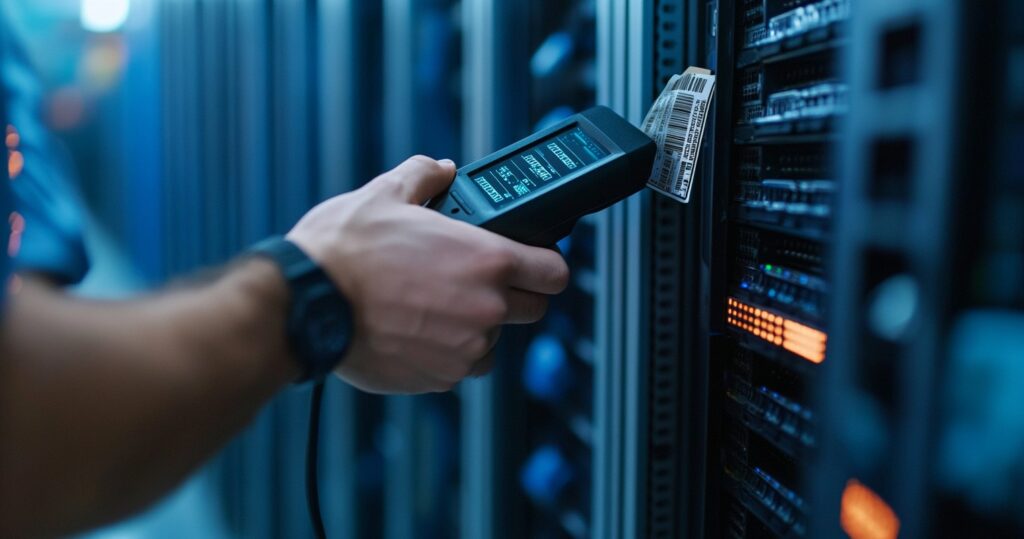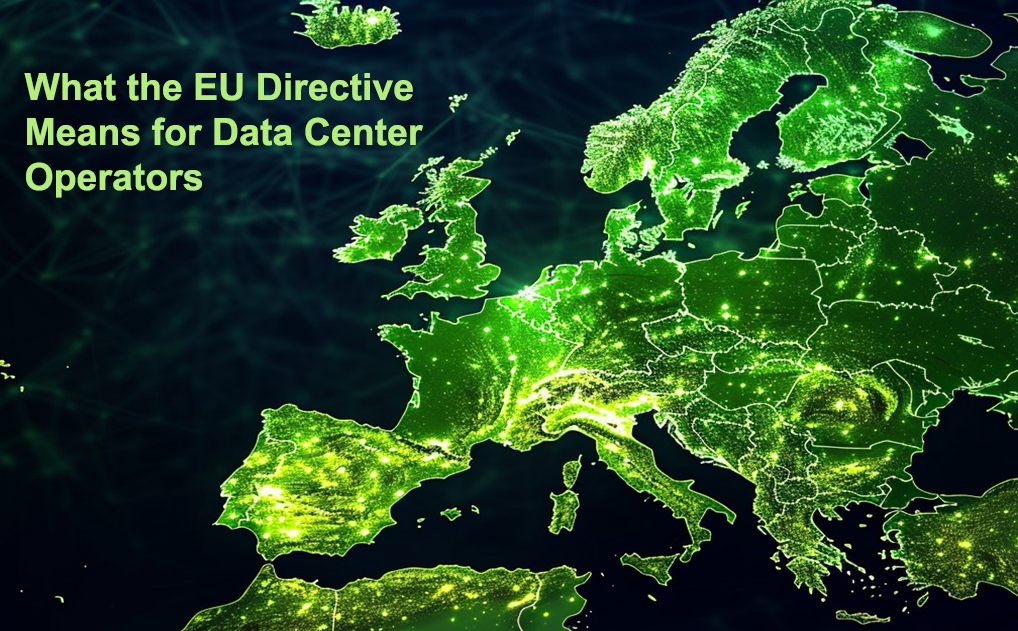As we step into 2025, the data center industry continues to evolve rapidly, driven by technological advancements, sustainability goals, and the ever-increasing demand for data processing and storage. Key trends shaping data center management this year include AI and machine learning integration, sustainability and energy efficiency, edge computing expansion, enhanced security measures, hybrid and multi-cloud strategies, and digital twin technology. These innovations are set to transform the way data centers operate, ensuring efficiency, performance, and sustainability.










